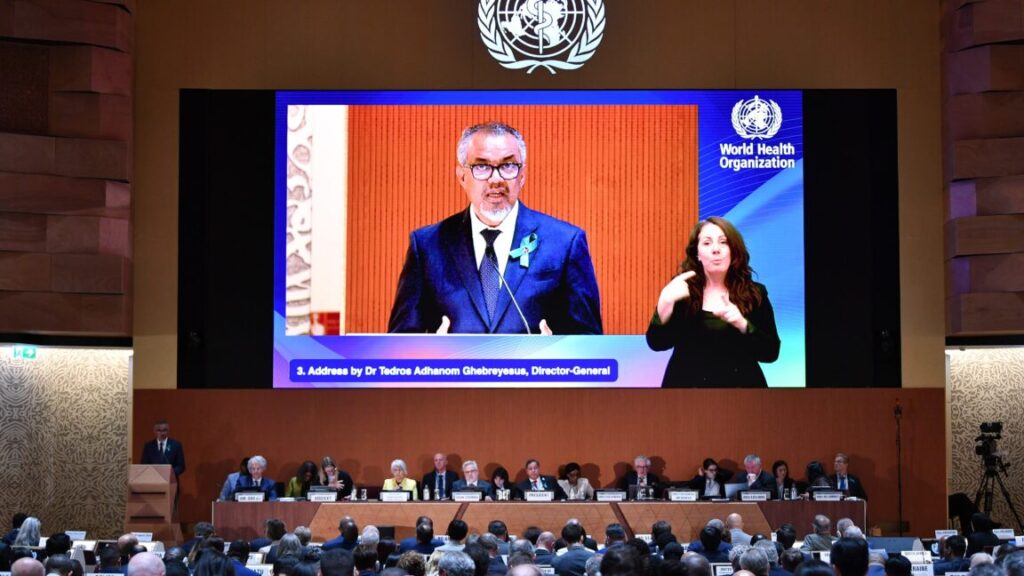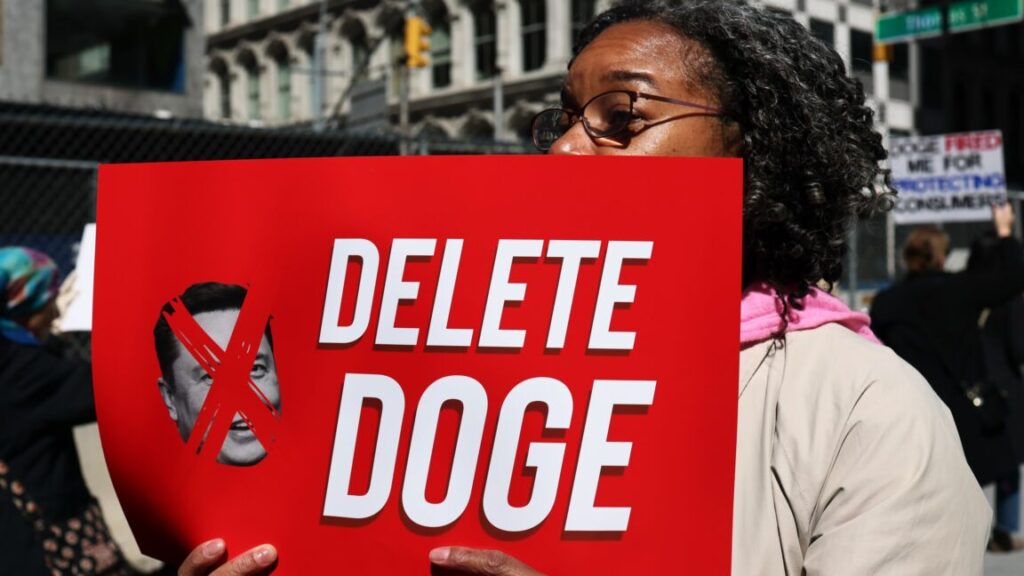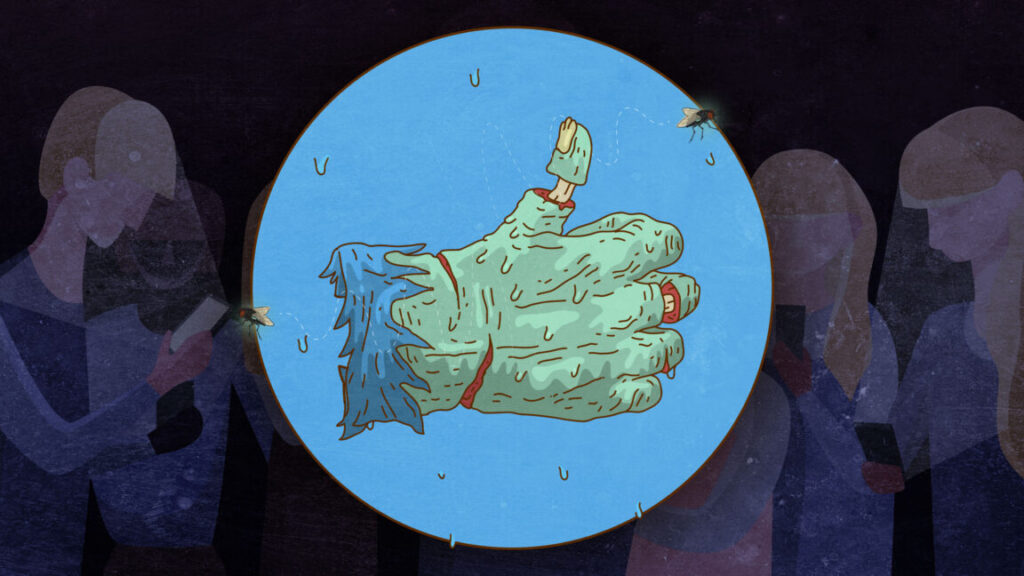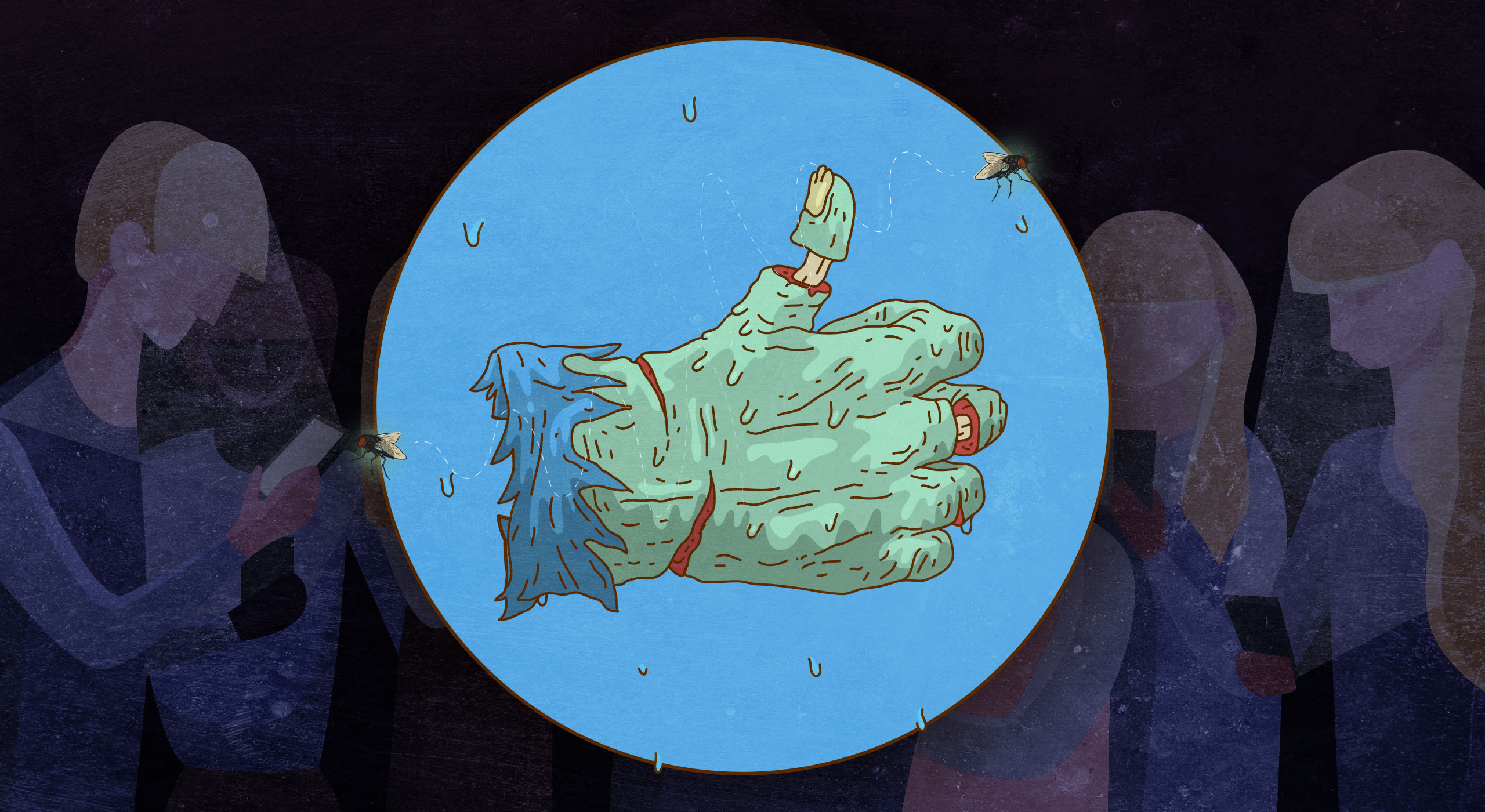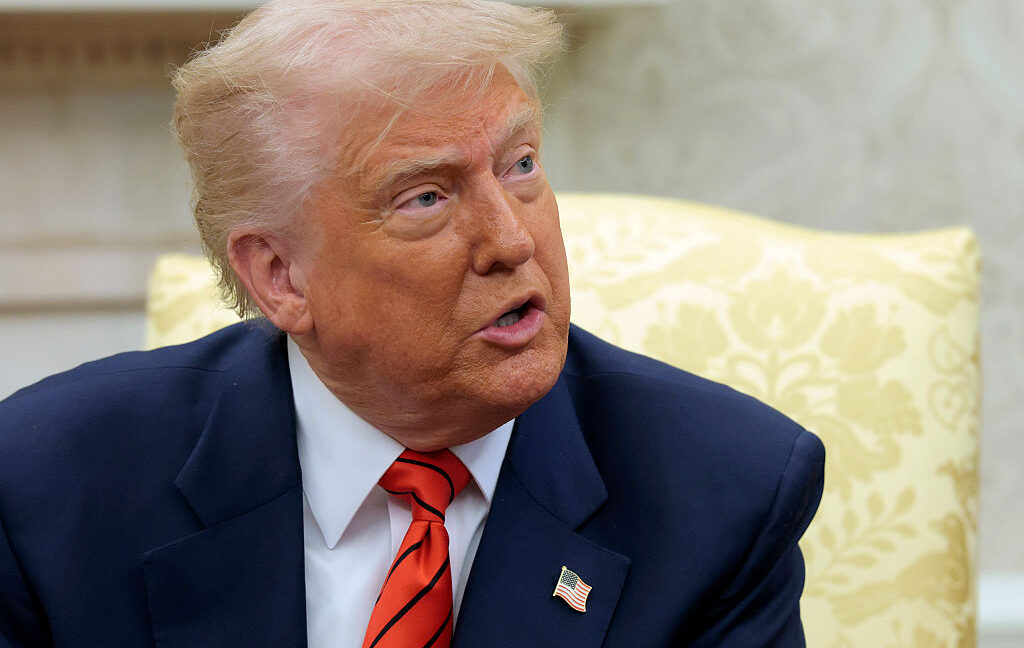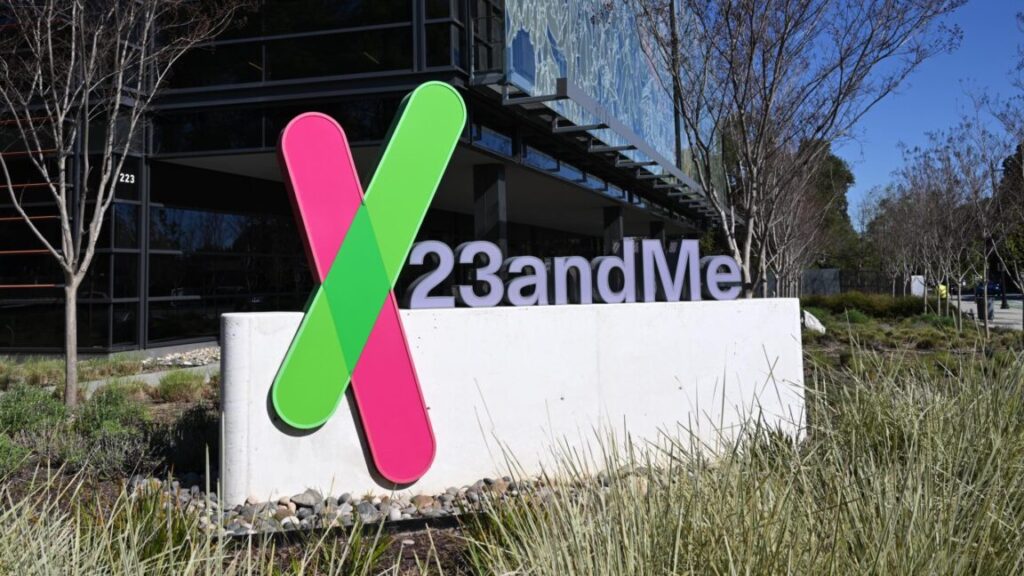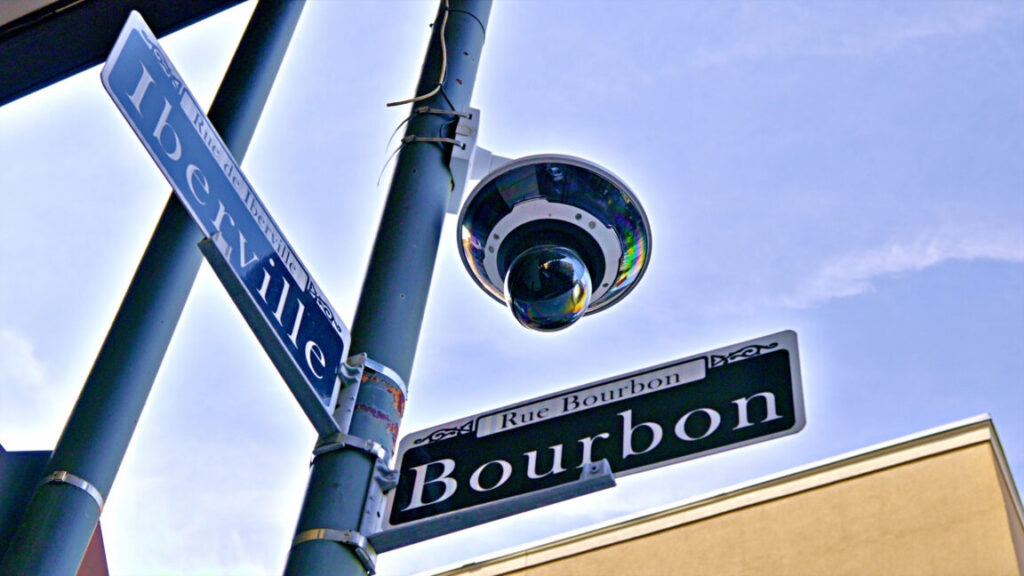RFK Jr. calls WHO “moribund” amid US withdrawal; China pledges to give $500M
“WHO’s priorities have increasingly reflected the biases and interests of corporate medicine,” Kennedy said, alluding to his anti-vaccine and germ-theory denialist views. He chastised the health organization for allegedly capitulating to China and working with the country to “promote the fiction that COVID originated in bats.”
Kennedy ended the short speech by touting his Make America Healthy Again agenda. He also urged the WHO to undergo a radical overhaul similar to what the Trump administration is currently doing to the US government—presumably including dismantling and withholding funding from critical health agencies and programs. Last, he pitched other countries to join the US in abandoning the WHO.
“I would like to take this opportunity to invite my fellow health ministers around the world into a new era of cooperation…. we’re ready to work with you,” Kennedy said.
Meanwhile, the WHA embraced collaboration. During the assembly this week, WHO overwhelmingly voted to adopt the world’s first pandemic treaty, aimed at collectively preventing, preparing for, and responding to any future pandemics. The treaty took over three years to negotiate, but in the end, no country voted against it—124 votes in favor, 11 abstentions, and no objections. (The US, no longer being a member of WHO, did not have a vote.)
“The world is safer today thanks to the leadership, collaboration and commitment of our Member States to adopt the historic WHO Pandemic Agreement,” WHO Director-General Tedros Adhanom Ghebreyesus said. “The Agreement is a victory for public health, science and multilateral action. It will ensure we, collectively, can better protect the world from future pandemic threats. It is also a recognition by the international community that our citizens, societies and economies must not be left vulnerable to again suffer losses like those endured during COVID-19.”
RFK Jr. calls WHO “moribund” amid US withdrawal; China pledges to give $500M Read More »
